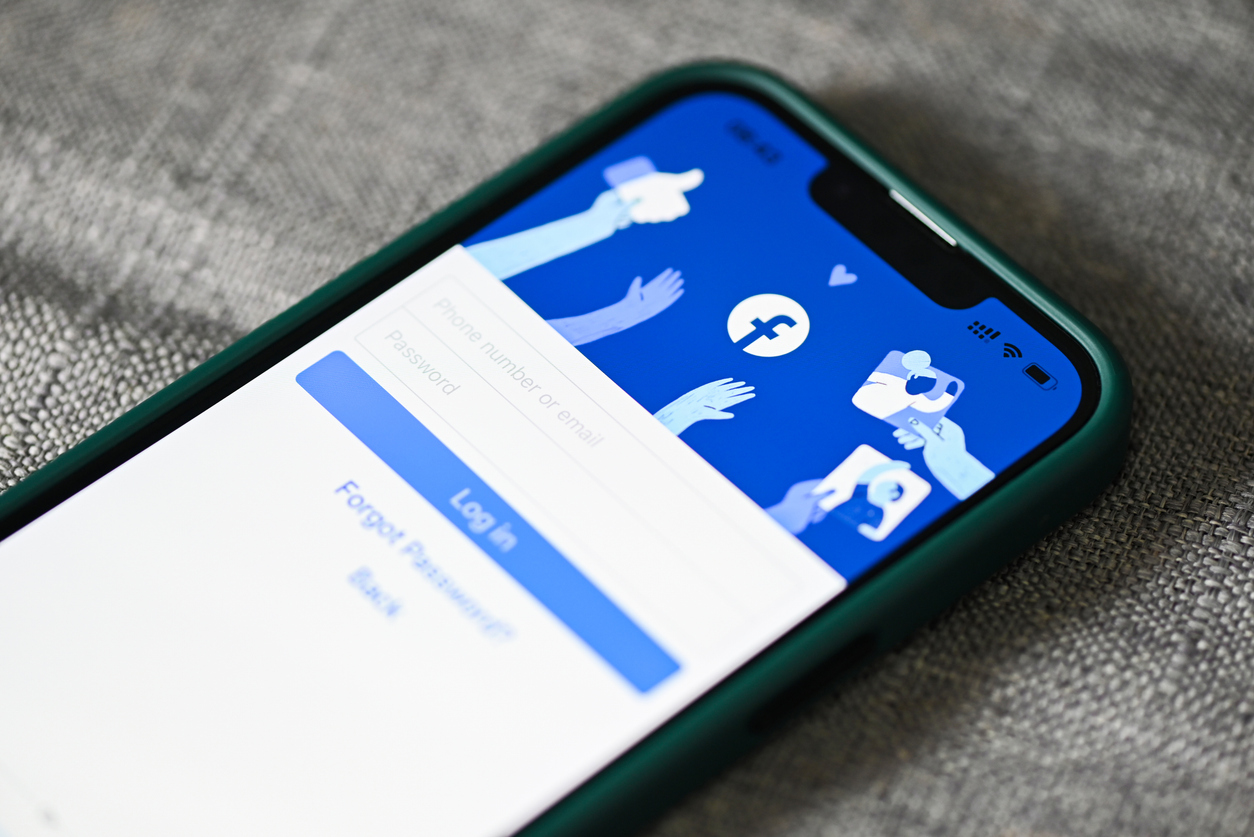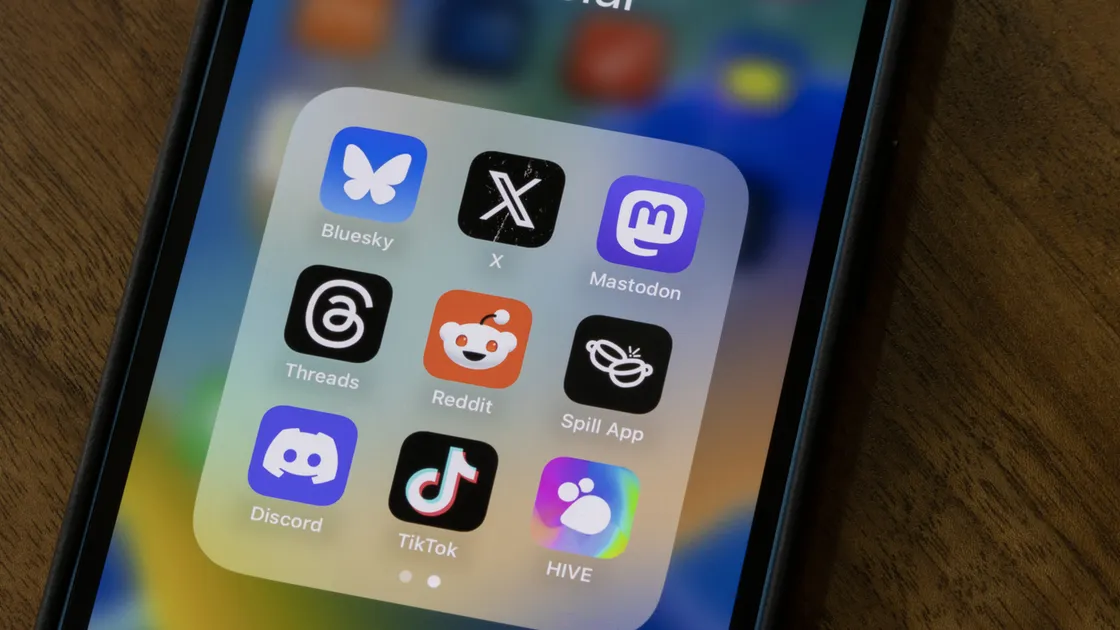How to Master Facebook Influencer Marketing in Japan: Secrets to Success and Case Studies

- 1. Japan’s Influencer Marketing Market: Growing to 74.1 Billion Yen
- 2. Facebook’s Position in Japan’s Influencer Marketing Market: 6th Place
- 3. A Comprehensive Guide to the Differences Between Social media for Influencer Marketing in Japan
- 3-1. 1. X (formerly Twitter): Strengths in Virality and Real-Time Engagement
- 3-2. 2. Instagram: Visual Appeal and Branding Effectiveness
- 3-3. 3. TikTok: Explosive Virality with Short-Form Video
- 3-4. 4. YouTube: Detailed Content Distribution Through Long-Form Videos
- 3-5. 5. Facebook: Strong for Reaching Business Audiences and Those 30 and Over
- 4. 6 Benefits of Using Facebook for Influencer Marketing in Japan
- 4-1. 1. Targeting Adapted to Japan’s Unique Culture and Needs
- 4-2. 2. Trustworthiness and Localized Approach Specific to the Japanese Market
- 4-3. 3. High Engagement Using Japanese Social media User Characteristics
- 4-4. 4. Effective Marketing through Integration with Facebook Ads
- 4-5. 5. Establishing Competitive Advantage in the Japanese Market
- 4-6. 6. Lower Risk of Controversy Compared to Other Social media
- 5. 4 Key Strategies for Achieving Success with Facebook Influencer Marketing in Japan
- 5-1. 1. Run Ads Targeted at the 30s-50s Demographic
- 5-2. 2. Create Points of Empathy
- 5-3. 3. Leverage Micro-Influencers to Improve Cost-Effectiveness
- 5-4. 4. Maximize Facebook Ads Features
- 6. Points to Consider for Facebook Influencer Marketing in Japan
Have you tried influencer marketing on Facebook but feel that you’re not getting the results you expected?
Many businesses and individuals share these frustrations. Especially in Japan, it’s essential to develop strategies that understand the Facebook user base and culture.
This article introduces the key points for succeeding with Facebook influencer marketing in Japan, along with real case studies. To effectively promote your products or services and create impactful campaigns, make sure to refer to these insights.
Japan’s Influencer Marketing Market: Growing to 74.1 Billion Yen
The influencer marketing market in Japan has been experiencing rapid growth. The market size, which was 65.1 billion yen in 2022, is forecasted to reach 74.1 billion yen in 2023. This growth is driven by the widespread use of social media and changing consumer behavior toward how they gather information.
In particular, leveraging influencers in business marketing has become a mainstream approach, and there is an expectation for continued market expansion. The market is projected to reach 130.2 billion yen by 2027.
By participating in this expanding market, new business opportunities are likely to emerge. As the next step, why not consider using influencers to enhance your product recognition and strengthen your brand image?
Source: Infrect News
Facebook’s Position in Japan’s Influencer Marketing Market: 6th Place
In Japan’s influencer marketing landscape, Facebook ranks 6th compared to other SNS platforms. It has 26 million monthly active users, making it 6th in both user count and usage rate rankings.
The overall usage rate is 32.6%, with the highest rate among people in their 30s at 45.7%. In terms of gender distribution, 34% of users are male and 31% are female, with a slightly higher number of male users.
Due to its large number of business professionals and users aged 30 and above, influencer marketing on Facebook can be a highly effective strategy, depending on your target demographic.
A Comprehensive Guide to the Differences Between Social media for Influencer Marketing in Japan
Influencer marketing varies across social media platforms, with each having different user demographics and characteristics. Understanding these differences is key to success. Here, we compare the main Social media platforms used in Japan—X (formerly Twitter), Instagram, TikTok, YouTube, and Facebook—and explain their unique traits.
1. X (formerly Twitter): Strengths in Virality and Real-Time Engagement
• Monthly Active Users: Over 67 million
• Main User Demographics: Primarily 10s to 30s, with the highest usage among those in their 20s
• Key Feature: Strong viral potential and real-time content distribution, with a focus on short messages
X excels in virality through its retweet function, with a large user base that is sensitive to trends, making it suitable for spreading information quickly. It’s effective for real-time content sharing and campaign announcements but requires creativity for ongoing PR due to its fast-paced nature.
2. Instagram: Visual Appeal and Branding Effectiveness
• Monthly Active Users: Over 66 million
• Main User Demographics: Primarily 20s to 40s, with a higher percentage of female users
• Key Feature: Visual communication through photos and videos
Instagram is great for showcasing product appeal through images and videos, making it highly effective for branding. It is particularly strong for PR related to fashion, beauty, food, and lifestyle, and using features like Stories and Reels helps deepen relationships with followers.
3. TikTok: Explosive Virality with Short-Form Video
• Monthly Active Users: Over 27 million
• Main User Demographics: Primarily teens to 20s
• Key Feature: Highly effective at intuitive and visually-driven promotion via short-form videos
TikTok leverages short videos to promote products and services in a highly visual and intuitive way, making it especially powerful for reaching younger audiences. Unique content and challenge videos can quickly go viral, boosting brand awareness.
4. YouTube: Detailed Content Distribution Through Long-Form Videos
• Monthly Active Users: Over 70 million
• Main User Demographics: Used widely across all age groups
• Key Feature: Long-form videos ideal for detailed product descriptions and reviews
YouTube allows for detailed information delivery through long-form videos, which can deeply explain product features and usage. Tutorial and review videos are highly trusted, encouraging purchasing decisions. Additionally, as a search engine, YouTube offers long-term marketing benefits.
5. Facebook: Strong for Reaching Business Audiences and Those 30 and Over
• Monthly Active Users: 26 million
• Main User Demographics: Primarily 30s to 50s, with a gender split of 34% male and 31% female
• Key Feature: Community building and trusted information sharing
Facebook has a significant number of business professionals and users aged 30 and over, making it ideal for trustworthy content sharing. It’s especially strong for B2B marketing and professional PR. Additionally, the group feature allows for direct engagement with specific communities.
6 Benefits of Using Facebook for Influencer Marketing in Japan
There are several key advantages to using Facebook for influencer marketing in the Japanese market. The following points highlight these benefits:
1. Targeting Adapted to Japan’s Unique Culture and Needs
Facebook offers detailed targeting features that allow marketing to be tailored to Japan’s unique culture and consumer demands. It’s easy to approach specific target groups by utilizing factors such as location, age, and interests. Marketing aimed at business professionals or family-oriented audiences in their 30s and beyond can yield effective results.
2. Trustworthiness and Localized Approach Specific to the Japanese Market
In Japan, the trustworthiness of information shared on social media is crucial. Facebook’s real-name policy enhances the credibility of influencer content, ensuring that brand messages are effectively delivered. Localized content in Japanese also boosts user affinity and increases brand favorability.
3. High Engagement Using Japanese Social media User Characteristics
Japanese Facebook users tend to actively engage with information that interests them. With a large number of users aged 30-50, this demographic is particularly responsive to comments and shares. Leveraging influencers in this age range can foster strong empathy with the audience.
4. Effective Marketing through Integration with Facebook Ads
Combining influencer marketing with Facebook ads generates synergy. Influencer posts can be repurposed as ads, or ads can expand the reach of posts, enabling brand messages to reach more users. By utilizing Facebook’s targeting features, it’s possible to reach users with high interest and engagement.
5. Establishing Competitive Advantage in the Japanese Market
While Instagram and X (formerly Twitter) are often seen as dominant platforms, Facebook maintains strong popularity among specific age groups and in business contexts in Japan. In less competitive niches, utilizing Facebook helps to establish a competitive edge. It’s particularly effective for B2B marketing or localized promotions.
6. Lower Risk of Controversy Compared to Other Social media
Facebook’s real-name policy and relatively calm atmosphere for user interaction reduce the risk of controversy compared to other platforms. For brands, this offers a more secure environment to carry out influencer marketing campaigns, which is especially beneficial for companies that prioritize trust and brand image.
4 Key Strategies for Achieving Success with Facebook Influencer Marketing in Japan
To successfully implement influencer marketing on Facebook, an effective strategy is essential. By focusing on Japan-specific approaches, higher results can be expected. Here are four important strategies for success:
1. Run Ads Targeted at the 30s-50s Demographic
Facebook users in their 30s to 50s tend to show high engagement. Running ads aimed at this demographic helps ensure better reach and effective marketing. If your product or service matches this age group, Facebook is a highly effective platform.
2. Create Points of Empathy
Japanese Facebook users value emotional connections and empathy. For influencer content, it’s important to include points that resonate with target users. Sharing practical tips or personal stories can help build trust and rapport with the audience.
3. Leverage Micro-Influencers to Improve Cost-Effectiveness
While collaborating with large influencers is one option, focusing on micro-influencers can improve cost-effectiveness. Though they have smaller followings, their deep relationships with followers lead to high engagement. Collaborating with micro-influencers offers a way to achieve high results at a lower cost.
4. Maximize Facebook Ads Features
Facebook’s precise targeting options make it an excellent tool for influencer marketing. Using influencer posts as ads helps expand reach, and leveraging insight data allows for real-time performance analysis and optimization. Effectively running Facebook ads can lead to higher ROI (Return on Investment).
Points to Consider for Facebook Influencer Marketing in Japan
Facebook influencer marketing can yield great results if implemented effectively. However, several key points must be considered to ensure success. Keep the following points in mind to run a well-executed campaign.
Avoid Overly Promotional Content
Japanese Facebook users can be wary of posts that feel too much like ads. Influencers should avoid making the content overly promotional and instead introduce products or services in a natural manner. Posts that resonate without feeling like advertisements will lead to more effective marketing.
Comply with Advertising Regulations and Guidelines
Facebook has rules and guidelines regarding advertising, which must be followed. Influencers should clearly label posts as “PR” or “Advertisement” when promoting products. This ensures transparency with users and maintains trust while progressing with marketing efforts.
Don’t Choose Unreliable Influencers
Choosing influencers carefully is crucial. Selecting influencers with a questionable reputation or past controversies can harm your brand image. It’s essential to check not only the number of followers but also the influencer’s impact, previous content, and engagement quality.
Not Suitable for Youth-Focused Ads
In Japan, Facebook has a larger user base in the 30s and older demographic, making it less suitable for ads targeting younger people. For targeting younger audiences, platforms like Instagram or TikTok are more effective. Facebook influencer marketing is ideally suited for targeting people in their 30s to 50s.
Successful Case Studies of Facebook Influencer Marketing in Japan
Many businesses still wonder, “Which social media platform should I use for influencer marketing?” While Instagram and TikTok are popular, some businesses have not yet seen the full potential of Facebook for influencer marketing. Below are some successful case studies, highlighting the unique outcomes that Facebook influencer marketing can bring.
Uniqlo Co., Ltd.
Uniqlo has achieved success with Facebook influencer marketing. Their official Facebook account “Uniqlo” boasts over 1.2 million followers (as of June 2024), where they frequently share new product information and campaign announcements. One of their successful strategies is prioritizing two-way communication with users. By actively seeking user feedback in addition to announcing new products, they deepened the trust with their followers. Moreover, they effectively integrated multiple social media platforms, such as promoting campaigns from X (formerly Twitter) on Facebook to reach a wider audience. This approach led to increased brand awareness and sales, especially through targeted content for users in their 30s to 50s.
NEC Corporation
NEC, a leading electronics manufacturer under the Sumitomo Group, uses its official Facebook account for B2B influencer marketing. With over 100,000 followers (as of October 2023), the account is well-recognized in the industry. NEC leverages Facebook’s feed features to promote PR activities, exhibitions, campaigns, and their technological strengths to business professionals. The company often shares large-scale discussions with experts and employee interviews, driving traffic to its own media platform and efficiently reaching their target audience. This strategy has strengthened NEC’s brand image and successfully engaged a business-oriented audience.
Conclusion
While social media platforms like Instagram and TikTok are popular among younger audiences, Facebook still has a strong influence on specific age groups. In particular, Facebook remains a significant platform for users in their 30s to 50s, a demographic that has high purchasing intent and seeks reliable information. Through influencer marketing, businesses can effectively reach this demographic and foster deeper engagement, which often leads to purchase decisions.
By utilizing influencers, brands can share authentic voices, build trust, and enhance brand recognition. Additionally, Facebook’s unique advertising and targeting features can facilitate more precise marketing strategies. Despite the attention on other social media platforms, Facebook remains a powerful tool for targeting specific groups effectively.
Please refer to the strategies and examples shared here to build a strong Facebook influencer marketing strategy.
Partner with hotice: Your Trusted Influencer Matchmaker in Japan
At hotice, we connect international brands with carefully selected Japanese influencers to deliver impactful and risk-free campaigns.
We offer:
・Expert influencer matching by industry and objective
・Multilingual communication support
・Campaign planning and performance tracking
・Full legal and cultural compliance
hotice supports foreign companies entering the Japanese market with PR, using celebrities and influencers.
We have previous experience in selecting appropriate creators and PR strategies, so please contact us if you have any questions.
.png)






